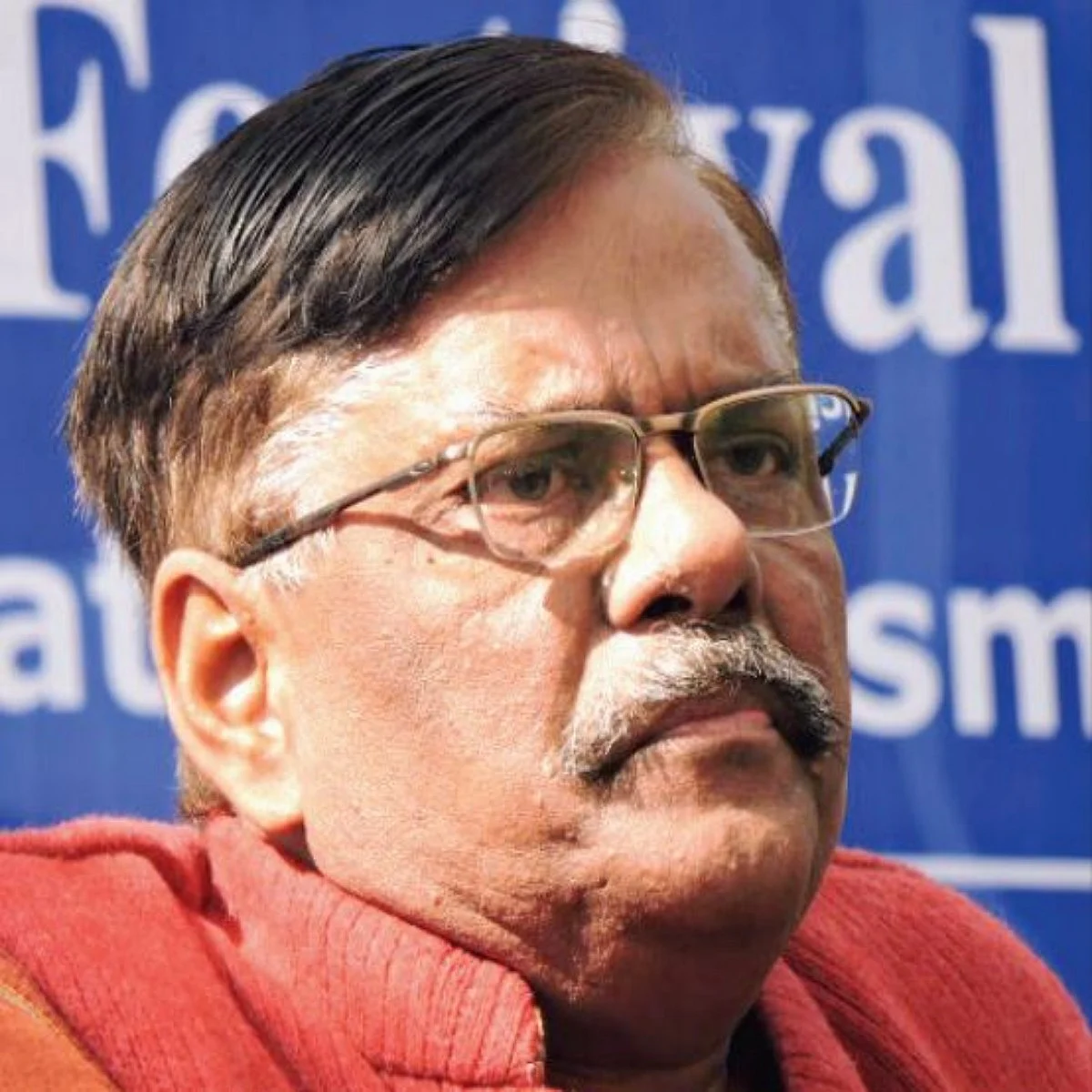No doubt that Delhi Police connived with JNU admin and the ABVP, says former IPS officer
Vibhuti Narain Rai, who was SP, Ghaziabad in 1987, exposed police complicity in the Hashimpura massacre. In an interview he says he is clear about the complicity of Delhi Police in the attack on JNU

Vibhuti Narain Rai, a retired UP cadre IPS officer, was posted as SSP, Meerut in 1987 when the Hashimpura massacre took place. He later wrote a book exposing the complicity of the police then and how communally charged the police were.
In an exclusive interview, he spoke to Rahul Gul on issues facing policing in India.
What do you make of allegations that Delhi Police was complicit in letting the JNU violence go unchecked on January 5?
I have no doubt in my mind that the police acted in connivance with the JNU administration and ABVP goons in letting the latter unleash violence in the campus against their perceived opponents, to the extent of letting them get away after they had achieved their aim of terrorising them.
Do you think there would have been some sort of a directive or signal from the top?
It is quite obvious that such a directive would have been given, informally and orally of course. The BJP’s acolytes were simply allowed to do whatever they wanted, with the police looking the other way.
But don’t the police officers have a duty to refuse to abide by such orders from political masters?
They simply can’t. Let’s take the JNU incident or the Jamia violence as an example. If the ruling party asked the incumbent Delhi Police Commissioner Amulya Patnaik to ask his force to act in the manner in which they did, he wouldn’t really refuse. In his case, he’s due to retire at the end of the month in January, and if he could get an extension of even a few months by pleasing the political masters, he would go for it.
Others in his place have also taken orders from their political masters without questions, for benefits such as post-retirement jobs. It’s hard for a man donning khakis to imagine a life without it, you see.
Also, it’s not as if this is only happening since the BJP came into power. It’s always been the case, to a lesser degree earlier perhaps, but this is how it works.
It is now being acknowledged that the average policeman alsoharbours a bias against minorities, like Muslims, for instance, which couldhave played a role in the police brutalities in Jamia Millia Islamia (JMI), AMU etc?
Very much so, in the case of a Hindu policeman. This has been the case historically, since Independence, and has been revealed in so many riots starting with the Jabalpur case. But it can always be controlled by the senior officers in their role as leaders, if they wish to do so. This obviously didn’t happen in JMI and AMU.
Why are there so many cases of custodial deaths in the country?
Well, police officials at the thana level are actually expected to use third degree methods against the perceived criminals. There’s a sort of a social sanction for it. So, it’s not surprising.
What can be done to change the police in the country into a professional, independent and people-friendly unit?
The problem is that the basic structure of the police in the country has remained unchanged since British rulers of India put the police system in place in the 1800s. The basic manuals followed by the police, like the Indian Police Code (IPC) the Code of Criminal Procedure (CrPC), Indian Evidence Act etc were all framed at the time, and this was not changed when the country gained Independence in 1947. So what do you expect?
As they say, people get a king they deserve. In the context of the police, I would say that people get the police they deserve.
Former DGP, UP, Prakash Singh has been pursuing police reforms in the country, filing a petition in Supreme Court in 2006. Your comments?
I feel no reforms are possible until and unless the basic structure of the police is changed. Simply fixing the tenures of top officers or establishing commissions and boards or separating law and order and investigation wings is not going to achieve much in that direction.
Follow us on: Facebook, Twitter, Google News, Instagram
Join our official telegram channel (@nationalherald) and stay updated with the latest headlines
Published: 10 Jan 2020, 6:27 PM
